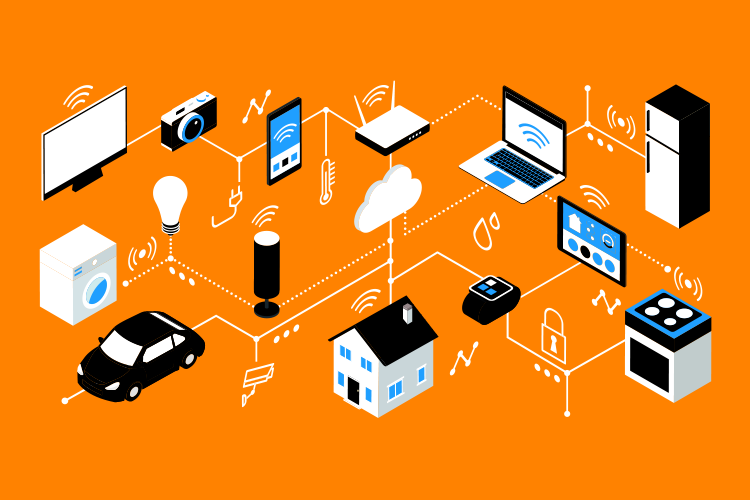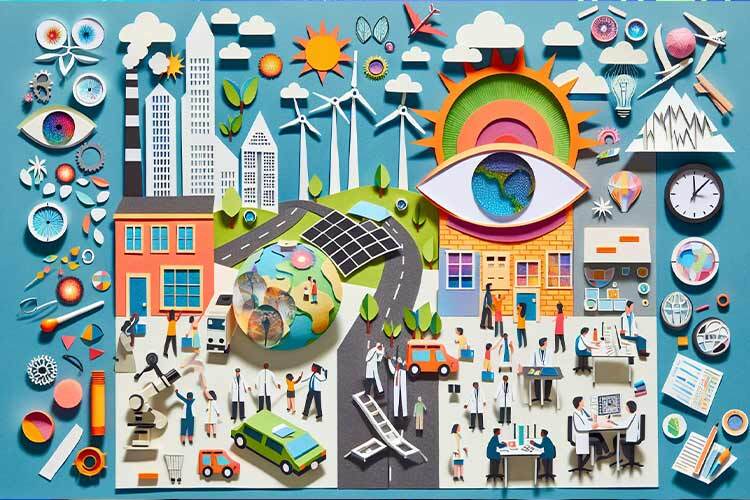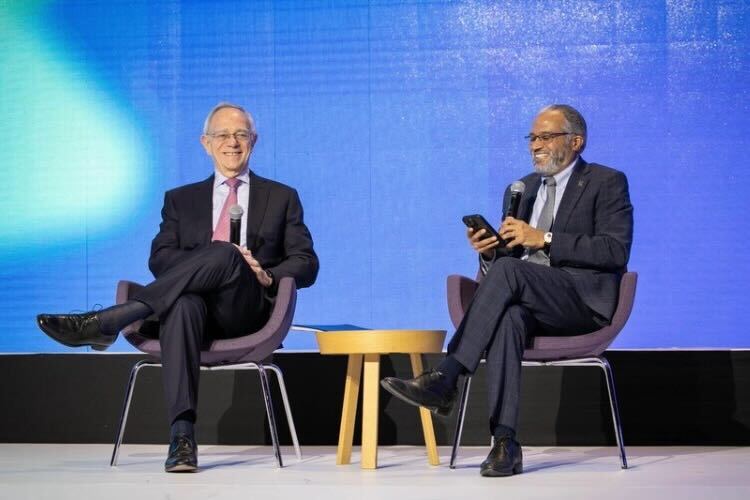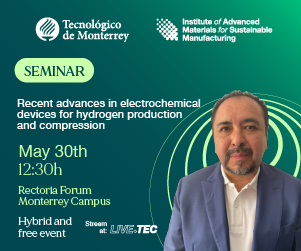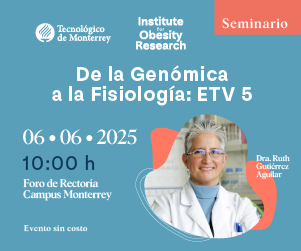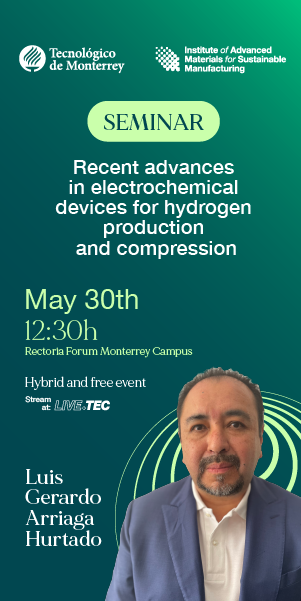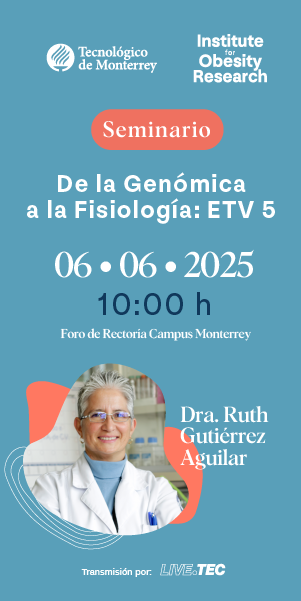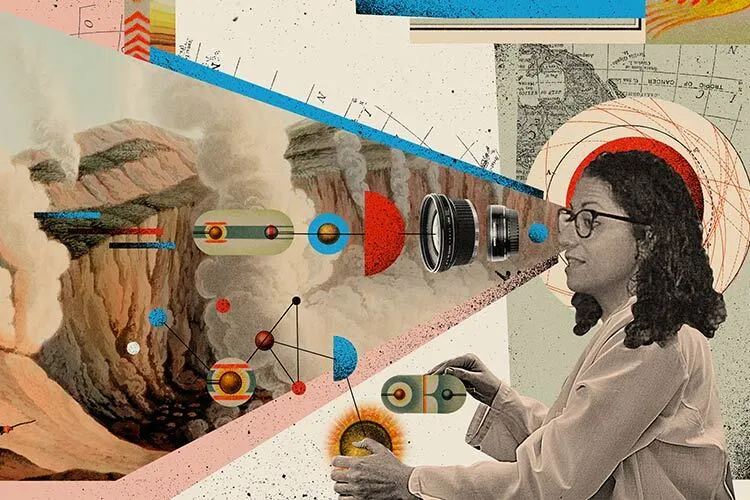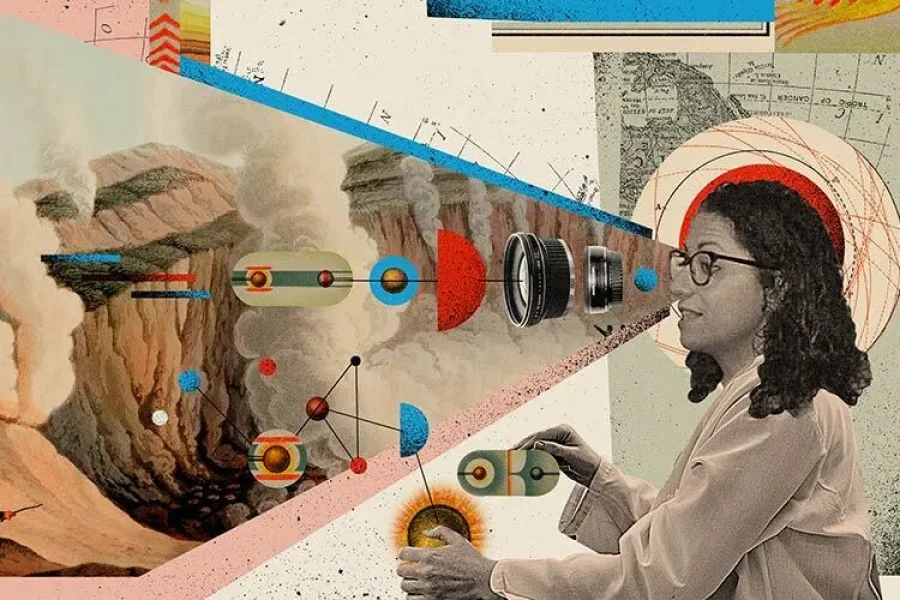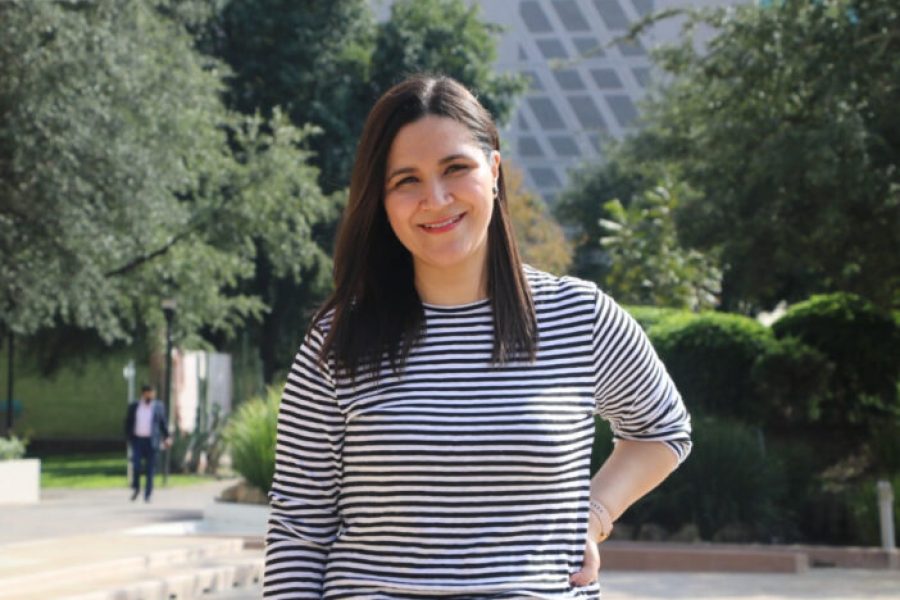Martha Mariano /CONECTA
A team from Tecnológico de Monterrey led by Héctor Ceballos, Director of the Living Lab & Data Hub at the Institute for the Future of Education, has won the Tecnos Nuevo León 4.0 Award for its smart sensors that calculate the occupancy of a space by analyzing environmental variables such as temperature, humidity, and atmospheric pressure.
These sensors are an outcome of the “Indoor Occupancy Detection Through Environmental Variables” project, which won in the Sustainable Development and Transformation category of the award given by the government of Nuevo León to promote the use and application of solutions for the future.
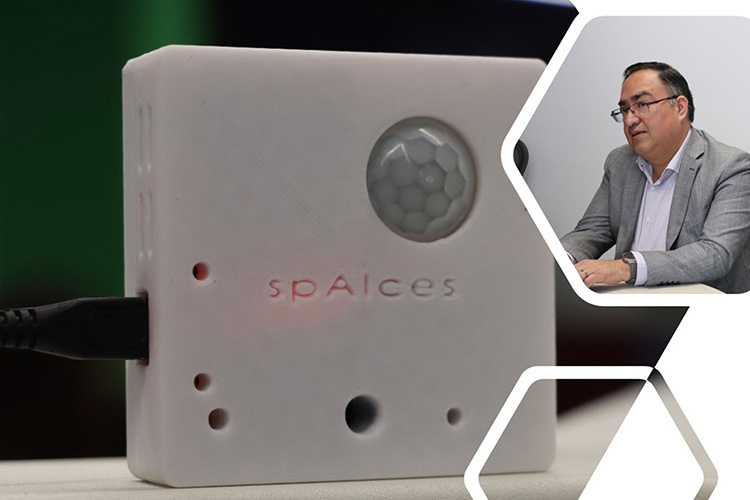
Where Did Smart Sensors Come from and What Is Their Application?
On the topic of where smart sensors came from and what their application is, the director of the Living Lab & Data Hub said that this idea began to take shape among students taking the concentration in Smart Systems in 2020.
“The project originated from a question: How can we calculate the occupancy in Jubilee’s gym? We knew it had to be something non-intrusive, without cameras, for example, hence the idea of sensors,” explained Ceballos, who is also part of the School of Engineering and Sciences.
“The sensors’ purpose is to calculate occupancy in different spaces indirectly,” explained the researcher, who added, “This project addressed a real need because we know that Industry 4.0 is already part of our era.”
What is that real need? The academic pointed out that “it can help free up meeting room schedules when it detects that nobody is using them without needing someone to physically monitor the spaces.”
These smart sensors, protected by a plastic 3D-printed case, are important because they have a lower impact on energy consumption and therefore on CO2 emissions.
Héctor Ceballos explains that, in addition to calculating space occupancy, they aim to be a low-cost solution for energy efficiency needs when turning lights and air conditioning on and off.
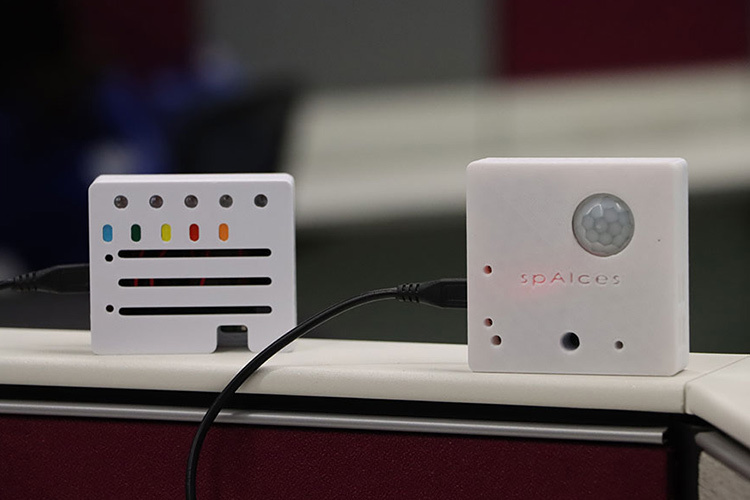
Who Is Working on This Multidisciplinary Project?
“The project was developed in the Mechatronics Laboratory at the Monterrey campus, and Joanna Alvarado Uribe, coordinator of calls and data-driven projects at Data Hub, from the School of Engineering and Sciences, who also is part of the sensor team, acknowledged that multidisciplinary collaboration was key to its development.”
“The students have helped us a lot and the fact that they have experience in artificial intelligence, smart systems, mechatronics, and even entrepreneurship has greatly enriched our progress,” added the researcher.
Héctor Ceballos explained: “We conducted the first tests in the boardrooms in the Rector’s Building, where we were able to obtain various metrics that helped us to move forward with the project.”
Currently, successful testing has led to the design of four versions of the case and three versions of the sensor. “With support from Borregos Tecnológicos and the Tec’s Department of Entrepreneurship and Innovation, we’re awaiting approval of the sensor patent to be able to commercialize it,” added Ceballos.
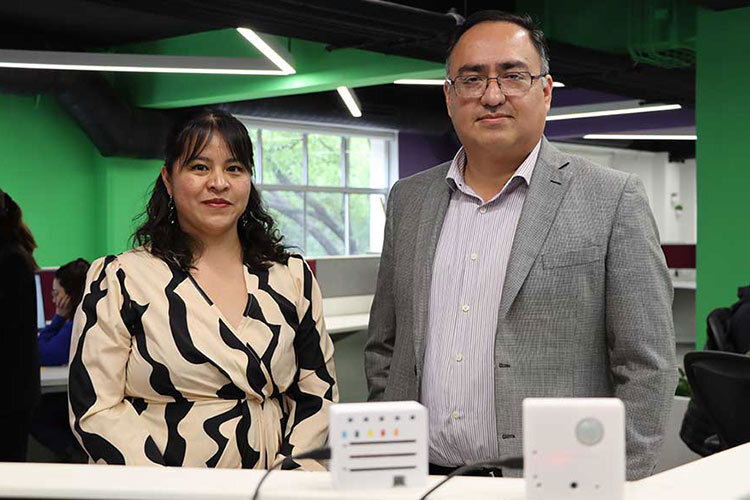
What is the Tecnos Nuevo León 4.0 Award?
This award seeks to encourage, promote, and recognize technological development and solutions for Industry 4.0 by means of projects submitted by companies, institutions, and organizations.
The categories recognized in 2024 were Human Coexistence in an Inclusive City, Sustainable Development and Transformation, Successful Applied Case Studies, and Electromobility.
The awards ceremony (at which the smart sensor project won the Sustainable Development and Transformation category) was held at the Nuevo León Civic Culture Lab on January 31, 2024, and was presided over by Iván Rivas Rodríguez, Secretary of Economy, Juan Carlos Zuazua, President of the Nuevo León 4.0 Governing Council, Clelia Hernández, General Director of Nuevo León 4.0, and José Luis Garza, Undersecretary of Economic Development and Innovation.


